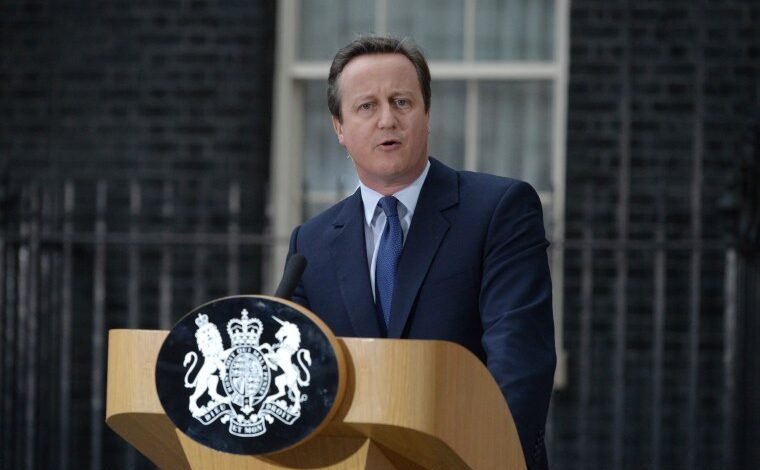
Former British Prime Minister David Cameron’s recent statement regarding Ukraine’s use of British weapons in the conflict with Russia has sparked significant debate and discussion. In a recent interview, Cameron expressed his support for providing military assistance to Ukraine in its ongoing struggle against Russian aggression.
Cameron’s remarks come at a crucial time as tensions between Ukraine and Russia remain high, with ongoing clashes in the eastern Donbas region and concerns about a potential escalation of hostilities. His statement signals a willingness among some British officials to consider more direct involvement in supporting Ukraine’s defense capabilities.
The prospect of supplying British weapons to Ukraine raises complex geopolitical considerations and has implications for UK-Russia relations. It represents a shift from the UK’s previous stance, which has focused more on providing non-lethal aid and diplomatic support to Ukraine.
Cameron’s advocacy for arming Ukraine aligns with calls from other Western leaders and policymakers who argue that bolstering Ukraine’s military capabilities is essential for deterring further Russian aggression and defending Ukraine’s sovereignty. However, it also raises questions about the potential risks and consequences of escalating the conflict.
Critics of arming Ukraine argue that it could further exacerbate tensions with Russia and escalate the conflict, potentially leading to a broader regional crisis. They advocate for a diplomatic resolution to the conflict and express concerns about the potential human cost of increased military involvement.
Cameron’s statement reflects ongoing debates within Western governments about the most effective approach to addressing the conflict in Ukraine and countering Russian aggression. It underscores the complexities and challenges of navigating the geopolitical dynamics of the region while upholding principles of international law and sovereignty.
As the situation continues to evolve, Cameron’s comments are likely to fuel further discussions about the role of Western powers in supporting Ukraine and the broader implications for European security and stability. It remains to be seen whether his advocacy will translate into concrete policy actions or if other factors will shape the UK’s approach to the conflict in Ukraine.



